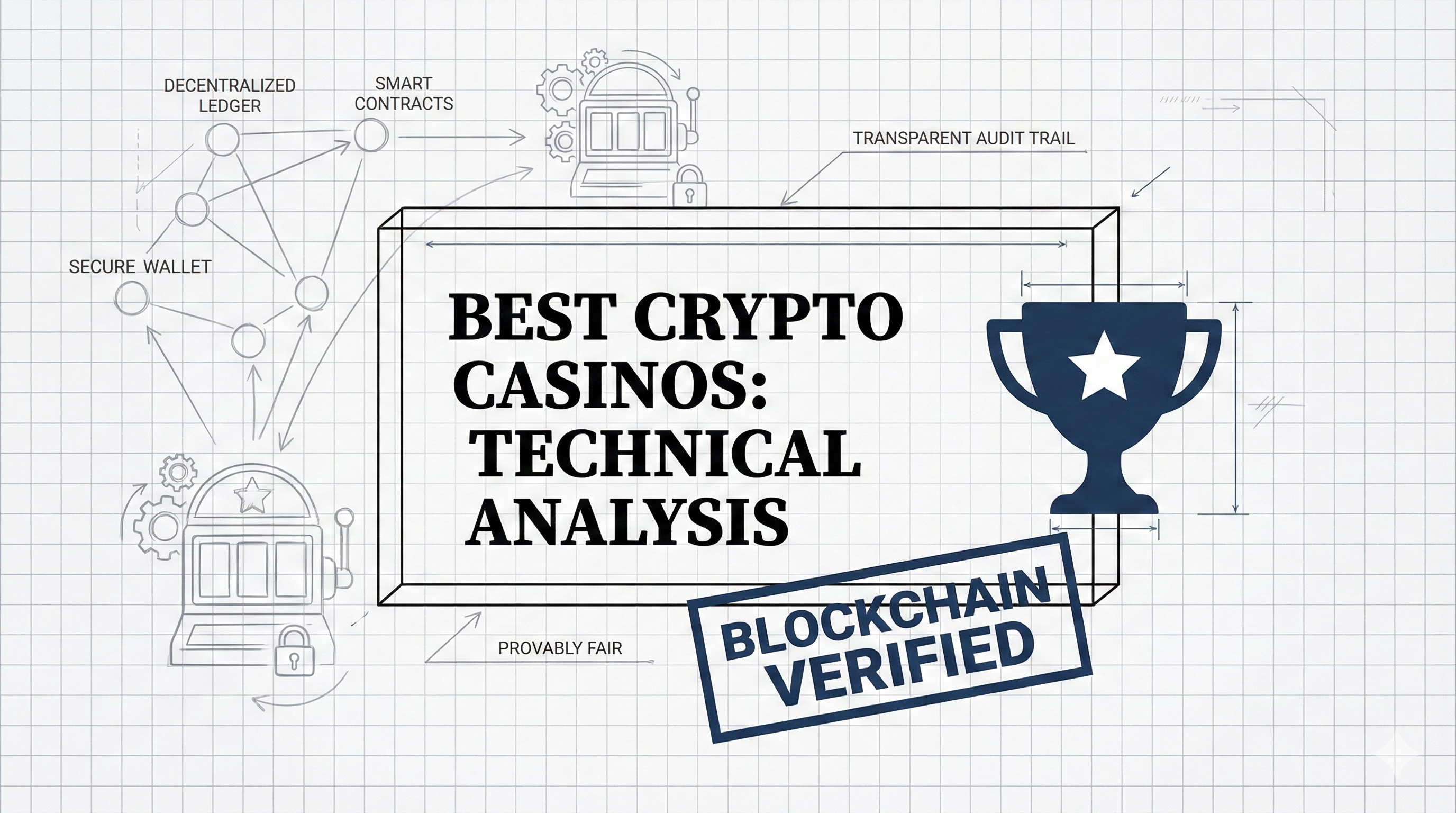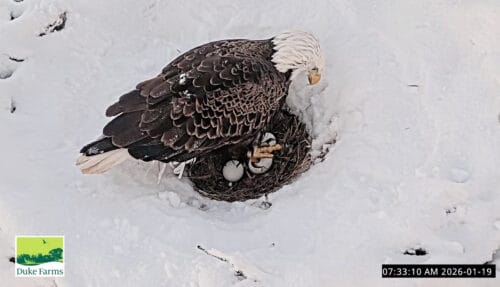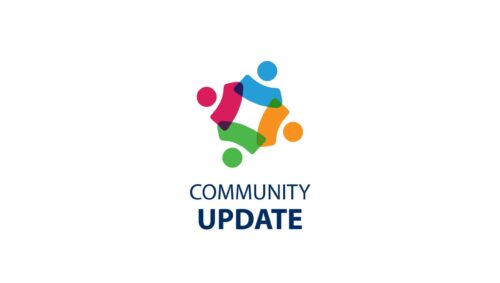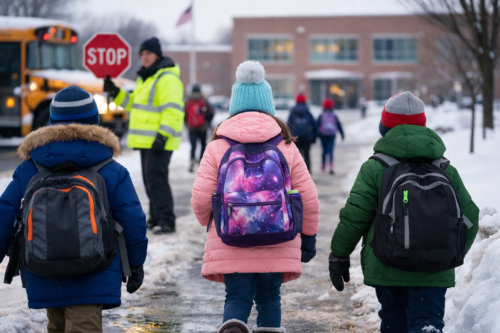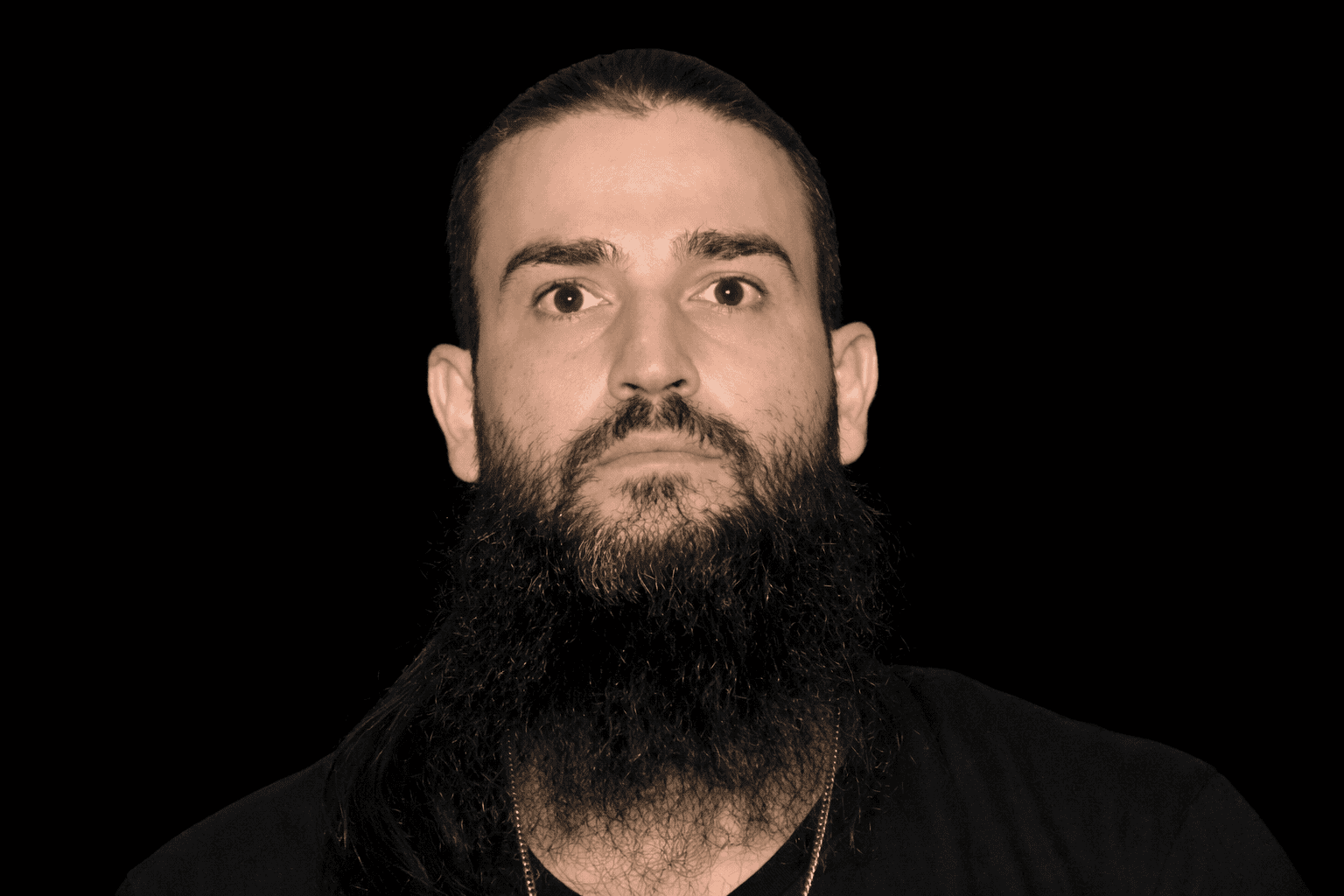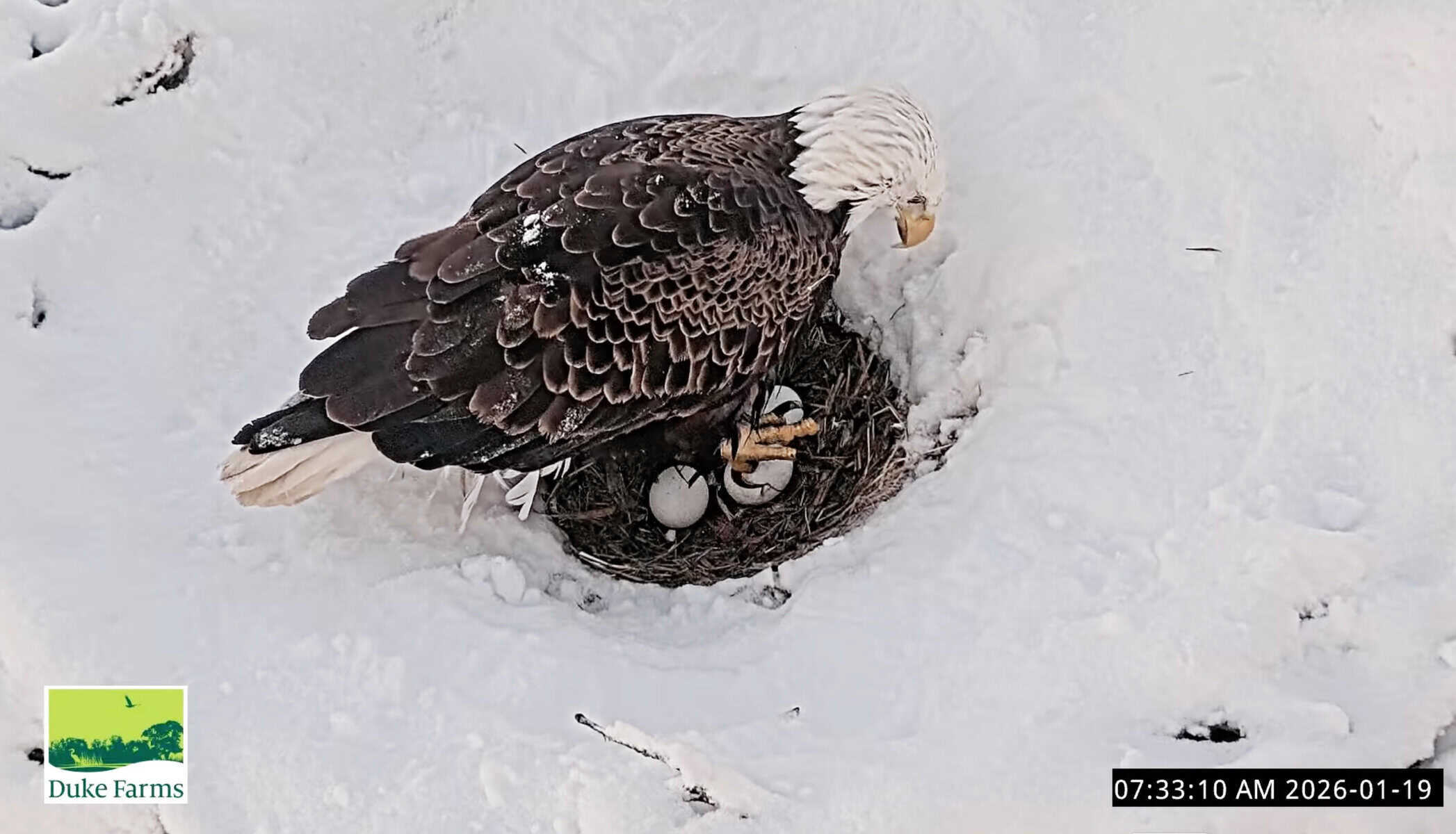Climate Change
Is it real? It’s a question for Earth Day... and every day.

No doubt about it: Climate change is a controversial issue. In recognition of Earth Day, SNJ Today has assembled widespread viewpoints about climate change, from local interviews as well as published material on the topic.

“I think it’s a big hoax. I can’t believe people … buy into this nonsense. It’s really just about control and another way to get money out of people’s pockets…. I think Mother Nature and God know more about this than man is ever going to know.” —Elliot Lewis, Laurel Lake

“I live in upper New York state. We used to get 20 inches of snow, now it’s five. Kids today don’t even know what it’s like to shovel in a real snowstorm. …government action on climate change has utterly failed.” —John Wallace, Oswego, NY
* * *
 “I fish a lot. Some of the fish we used to catch around here are gone, they’ve left for cooler water. We now get fish that used to be in the Carolinas, even Florida. Look at Maine: The lobsters are going north; it’s ruining the harvests.”
“I fish a lot. Some of the fish we used to catch around here are gone, they’ve left for cooler water. We now get fish that used to be in the Carolinas, even Florida. Look at Maine: The lobsters are going north; it’s ruining the harvests.”
—Glenn Barsotti, Pittsgrove
“I definitely think there’s a shift. The seasons don’t feel the same.
—Susan Lyons, Marlton
New Jersey Ranks 24th Greenest State
Source: WalletHub
With Earth Day around the corner and the U.S. having experienced $92.9 billion in damage from weather and climate disasters during 2023, the personal-finance website WalletHub released its report on 2024’s Greenest States (wallethub.com/edu/greenest-states/11987), as well as some expert commentary.
WalletHub posed these two questions to an expert in our region—Jordan P. Howell, Ph.D., MBA; associate professor; director, Rowan Center for Responsible Leadership, Rowan University.
Is there an inherent tradeoff between protecting the environment and promoting economic growth?
“I argue no, in my classes and my research. We already know what we need to do regarding most of the environmental problems we face, we just have to implement the solutions. You do not have to try that hard to see that transitioning towards a ‘greener’ economy is a major growth opportunity for businesses, estimated in the trillions of dollars by some estimates. So that alone should inspire confidence in businesses, government, and the public alike. One major consideration is recognizing that most green solutions do not necessarily require immediate and radical changes. These types of things—banning gas vehicles, gas stoves, etc.—make people nervous and opposed to finding solutions to environmental issues. Incremental progress is still progress and if we continually improve our environmental performance, eventually the ‘green’ option will become the default….with lots of economic growth along the way.”
What is the single most impactful thing an individual can do to reduce their effect on the environment?
“First, I want to say that I think there has been way too much pressure on the individual consumer to ‘fix’ environmental problems. Many of the biggest issues we face are systemic, but people are made to feel as though they as individuals are responsible for a given problem and they must fix the problem. Having said that, clearly, we are not powerless as individuals. I think the biggest thing any one person can do is to be a more ‘conscious consumer’—do you really need to buy that new thing? Can you buy it used (maybe saving money and environmental resources)? What if you paid a little bit more for a higher quality ‘thing’ that will last longer and perform better? Would it really be that bad if you ate less meat, or committed to a vegetarian diet for a few days a week (along with all the other health benefits)? Perhaps if we all make these types of incremental changes, collectively we improve lots of areas of environment, social impact, and economic growth too.”’
* * *
Governor Murphy on Climate Change
Excerpted from the preamble to one of the governor’s recent executive orders on climate change and fossil fuels:
WHEREAS, global atmospheric warming, driven largely by human activities that emit greenhouse gases and other climate pollutants, is leading to significant changes in climate patterns here in New Jersey and around the world, presenting an existential threat to residents of New Jersey and their health, communities, businesses, environment, and way of life; and
WHEREAS, traditional methods of energy production that rely on the burning of fossil fuels release harmful emissions of greenhouse gases, which contribute to global climate change; and
WHEREAS, New Jersey’s overburdened communities disproportionately bear the burdens of climate change; and
WHEREAS, it is the policy of this State that, as a key part of its efforts to curtail the serious impacts of global climate change caused by greenhouse gas emissions, New Jersey must pursue an equitable and smooth transition to clean and renewable energy sources while building a stronger and fairer economy.
—Gov. Phil Murphy, excerpted from the climate change bill presented to, and recently passed by, the legislature


